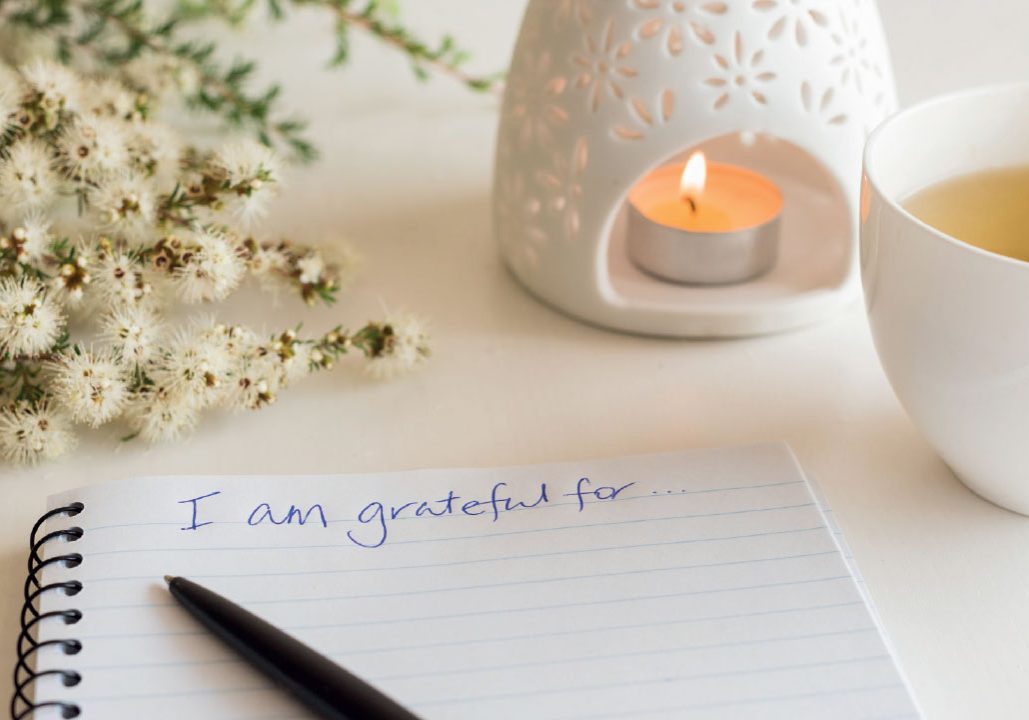
The Power Of Gratitude
Sometimes a simple gratitude practice is all it takes to feel better about the world.
Reading time: 5 minutes
Sometimes learning to appreciate what we already have is all it takes to reframe our worldview and set us on a new path of self-care. In a fast-paced world filled with constant noise and pressure, it's easy to overlook the small moments of joy and the people who make our lives better. That’s where gratitude comes in. More than just a feel-good emotion, it is a powerful mindset that can bring lasting changes to your mental, emotional and even physical wellbeing.
What is gratitude?
Gratitude is the intentional act of recognising and appreciating the good in your life. It’s about noticing the small wins, acknowledging others' kindness and feeling thankful for things you might otherwise take for granted.
Why practicing gratitude matters
• Improves mental health and can ease stress, anxiety and depression.
• Strengthens relationships by fostering empathy, trust and deeper connections.
• Boosts self-esteem and reduces harmful social comparisons.
• Promotes a positive mindset, even during tough times.
Backed by science
Research by leading psychologists shows that people who practice gratitude consistently are happier and more optimistic. Brain scans even reveal that gratitude activates areas linked to dopamine, the brain's feel-good chemical.
Some benefits documented in studies include:
• Better sleep
• Stronger immune function
• Improved focus and resilience
How to practice gratitude daily
You don’t need to make dramatic changes — small, consistent actions are enough. Here are some easy ways to integrate gratitude into your routine:
1. Keep a gratitude journal
Write down 3–5 things you’re grateful for each day. These could be anything from a good cup of coffee to support from a friend.
2. Express thanks to others
Say “thank you” more often — and mean it. Send a text, write a note, or simply tell someone in person.
3. Mindful reflection
Take a few minutes before bed to think about what went well during the day. Ask yourself: What made me smile today?
4. Take gratitude walks
While walking, notice and appreciate your surroundings — sunlight, trees, fresh air, or a peaceful moment.
5. Use a gratitude jar
Each time something good happens, jot it on a slip of paper and drop it in a jar. Review the notes whenever you need a positivity boost
Tips for staying consistent
Start small – even one thing a day can help.
Be specific – the more detail, the more impactful.
Use tech wisely – apps and reminders can help form the habit.
Make it social – ask loved ones what they’re grateful for too.
Overcoming common challenges
It’s normal to hit a few roadblocks: Feeling forced or fake? Be honest with yourself. Gratitude grows with practice. Focused on negatives? Gratitude isn’t denial, it’s perspective. No time? Just one mindful minute a day makes a difference.
The long-term impact
Over time, practicing gratitude can:
• Build emotional resilience
• Foster generosity and empathy
• Encourage mindful living
• Help you find joy in the present
Final thoughts
Gratitude is more than just saying ‘thank you’, it's a powerful, life-enhancing habit. It shifts your mindset, strengthens your relationships, and helps you see the world through a more compassionate lens. Start small. Be consistent. Let gratitude change your life — one thankful moment at a time.



